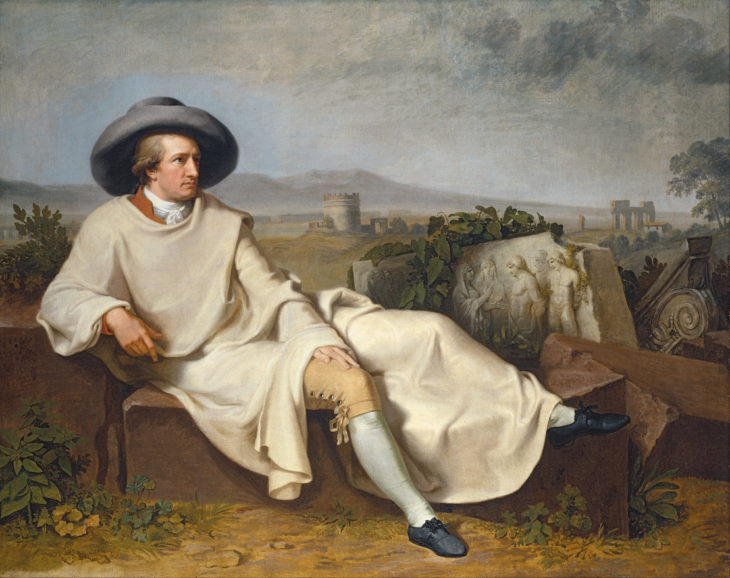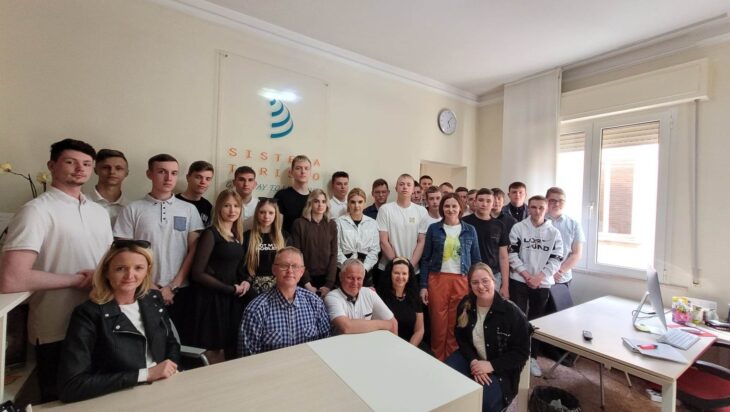We can say that Lisbon wouldn’t be the same without Pessoa and even that Pessoa, without its rare beauty and charm,wouldn’t be who he is.
Fernando Pessoa was born in Lisbon in the 1888 and was considered one of the most important and prolific scholar, poet and writer of the 19TH Century.
After his father’s death, when he was few years old, His mother remarried with Joao Migeul Rosa, a Portugal commander and consul, that operated in South Africa. Because of that the poet was forced to move in Durban.
Despite the years that he spent there to stay with his mother and step – father, Pessoa has always lived in Lisbon, a city engulfed by charm , history, culture and which he was a proud citizen of. All of those things influenced his work, highlighting a profound and intense relationship between them. He was a multi – faceted and enigmatic writer, a lonely and private soul, that dedicated his entire life to knowledge and poetry, proving how important for him those things were. In fact, in addition to his daily work as a salesperson Pessoa put writing, literature, and poetry at the center of his life, participating in Portuguese cultural and intellectual life mainly through the writing of poems, essays of literary criticism, translations, and articles published in various literary journals.
One of the most distinctive featuers of his works are heteronyms: those are not fictional characters or simple aliases, but other selves. These were born from his own imagination, possessing peculiar personalities and writing styles. The reason why he was able to do that, is derived from his keen interest in studying human’s behaviour and all the aspects that have to deal with human history. He used to observe people on the city streets, on buses, in clubs, to learn more points of view, to be inspired and explore other worlds. The best known heteronyms created by Pessoa are: Alberto Caeiro Da Silva, Alvaro de Campos, Alberto Mora and Ricardo Reis, but there is evidence of the first heteronym created by Pessoa as early as when he was about 5 years old called Caballero du Pas, a character through which he wrote letters addressed to himself. Pessoa spent most of his time in one of the first cafè in Lisbon: A Brasileira. It opened in the 1905 as a brasilian coffee store and, soon after, it became both one of the most famous bar in town and the centre of the Portuguese intellectual and cultural movement.
Pessoa here not only partecipated to various cultural debates, but was writing most of his works, read and sipped his strong – flavoured coffee as usual. In his honor of this great writer and famous customer, outside the café, in front of the entrance, there is a statue depicting Pessoa sitting at one of the outside tables of this historic café.
Just some steps away from this statue, protagonist of so many pictures taken by loving and curious people visiting Lisbon, there is the Pessoa Academy. This is our first training portuguese agency, which will be up and running as early as February 2023 and will accompany Erasmus+ project students on their journey to discover an important piece of this country’s history and culture.



















